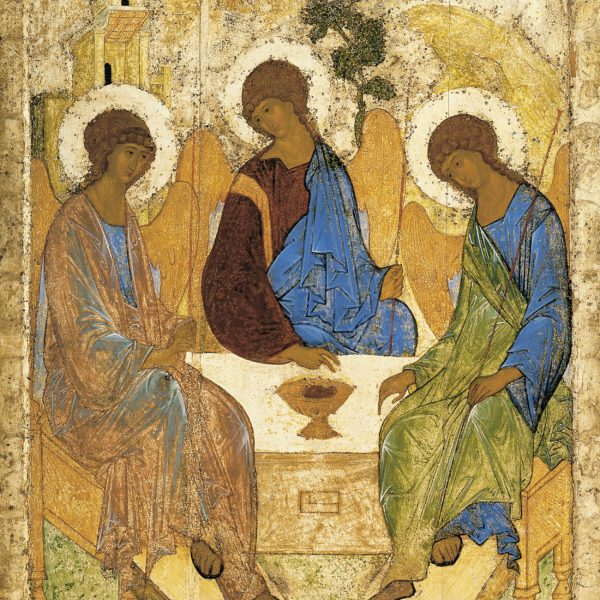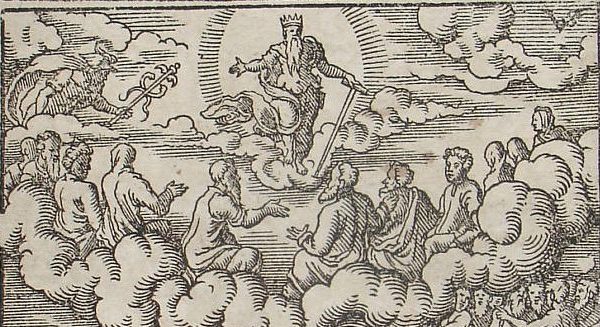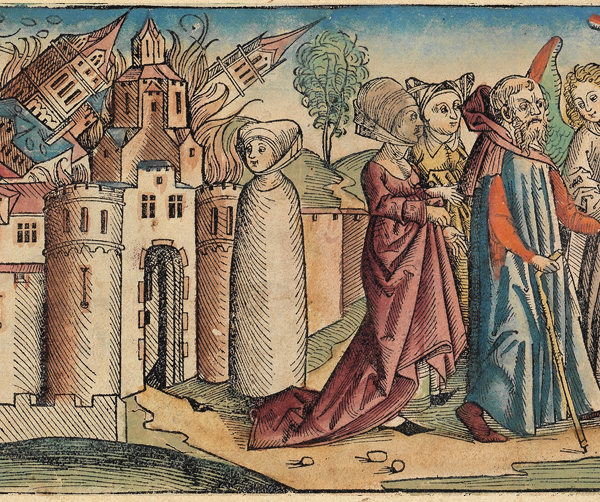
Properly to hear the story of Genesis 18-19, we must first unlearn all that we thought we knew about the Sodomites.

Register now for the Political Theology Network’s conference, October 17-19, 2019, in New York City.

Without a sustained focus on material inequalities and repressive state power, the conversation on Islamophobia too easily slips into a mealy-mouthed appeal to diversity and tolerance.

The reader should take away from this special issue the sense that the basic dichotomy of “the West” versus “China” needs to be reformulated. While the West has much to learn from listening to non-Western voices, the work of actually listening reveals that such sharp distinctions do more harm than good.

This special issue on “Human Dignity, Religion, and Rights in Contemporary China” features debates over religion and politics in China today. Political theology in China raises many questions that western readers will find familiar, but the Chinese context often requires different answers, so that gaining familiarity with the Chinese discussion can broaden our view of the available options at the intersection of religion and politics.
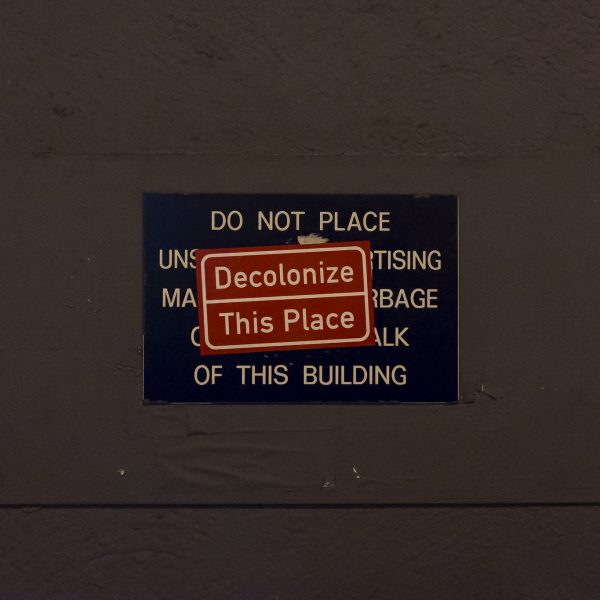
For Islamophobia as a concept to further come of age our critiques must incorporate more de-centering, more dis-orientation of the west.
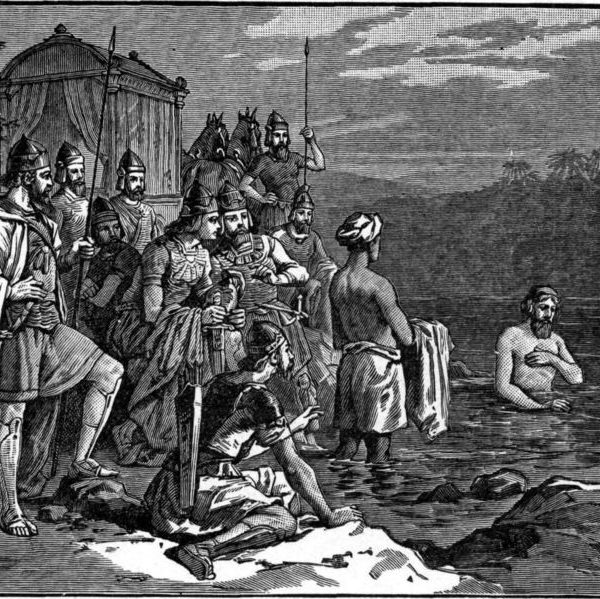
In the midst of a complicated and troubled world it may seem impossible to make a difference, and yet, the wish of a little Israelite girl says otherwise. The spirit of the young Israelite girl and her larger cadre of enslave servants to Naaman live on today in the resourceful actions and tireless work of so many influential youth in our world, those whose passion and will for change persist.

Christians in Hong Kong have found their public voice in protests against the Extradition Bill and their calls for human dignity.

What connections may we draw between attack on the Tree of Life synagogue in Pittsburgh, the Christchurch mosque shooting, African-American church arsons in Louisiana, the Easter Sunday bombing in Sri Lanka, and the synagogue shooting in San Diego?
